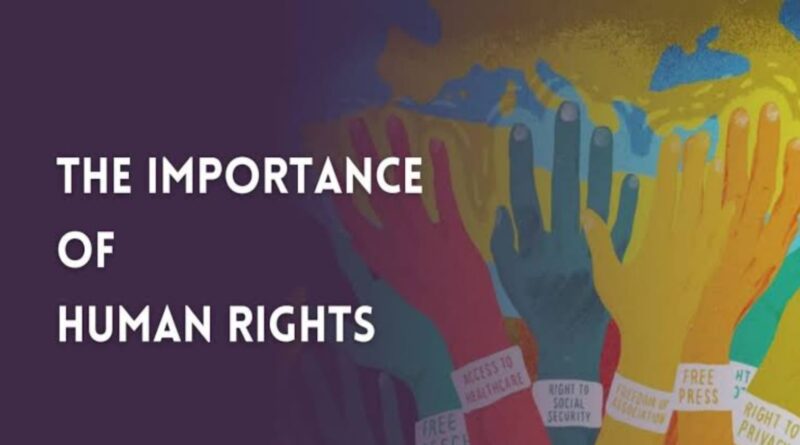Detail about Human Rights course in usa…
Human Rights courses are offered in numerous colleges and universities across the USA, covering various aspects of human rights law, policy, advocacy, and activism. Here are some details about Human Rights courses in the USA:
Course Content: Human Rights courses cover a wide range of topics related to the theory and practice of human rights, including the historical development of human rights principles, international human rights law, human rights advocacy and activism, social justice, and humanitarian intervention.
Interdisciplinary Approach: Human Rights courses often take an interdisciplinary approach, drawing on insights from fields such as law, political science, sociology, anthropology, history, and philosophy to provide students with a comprehensive understanding of human rights issues.
Foundational Concepts: Courses in Human Rights typically explore foundational concepts such as the universality, indivisibility, and interdependence of human rights, as well as the principles of equality, dignity, and non-discrimination.
International Human Rights Law: Human Rights courses provide an overview of international human rights law, including treaties, conventions, and mechanisms for the protection and enforcement of human rights at the international, regional, and domestic levels.
Human Rights Advocacy: Many courses focus on human rights advocacy strategies and tactics, equipping students with the knowledge and skills to advocate for the promotion and protection of human rights in various contexts.
Specialized Topics: Some courses offer in-depth exploration of specialized topics within the field of human rights, such as refugee rights, women’s rights, children’s rights, indigenous rights, LGBTQ+ rights, and environmental justice.
Case Studies: Human Rights courses often use case studies and real-world examples to illustrate key concepts and principles, allowing students to analyze and evaluate human rights issues in different contexts and settings.
Fieldwork and Internships: Some courses may include opportunities for fieldwork, internships, or experiential learning, allowing students to gain practical experience working with human rights organizations, advocacy groups, or government agencies.
Guest Speakers: Many Human Rights courses feature guest speakers, including human rights activists, practitioners, policymakers, and scholars, who share their expertise and insights with students and provide perspectives from the frontlines of human rights work.
Career Paths: Human Rights courses prepare students for careers in a wide range of fields, including human rights advocacy, international development, humanitarian aid, social justice activism, law, public policy, diplomacy, and academia. Graduates may pursue roles as human rights lawyers, policy analysts, advocates, researchers, educators, and more.
These are just some general details about Human Rights courses in the USA. Specific course offerings, content, and formats may vary depending on the institution and program. Prospective students interested in Human Rights courses should research individual colleges and universities to find programs that best align with their interests, goals, and career aspirations.



